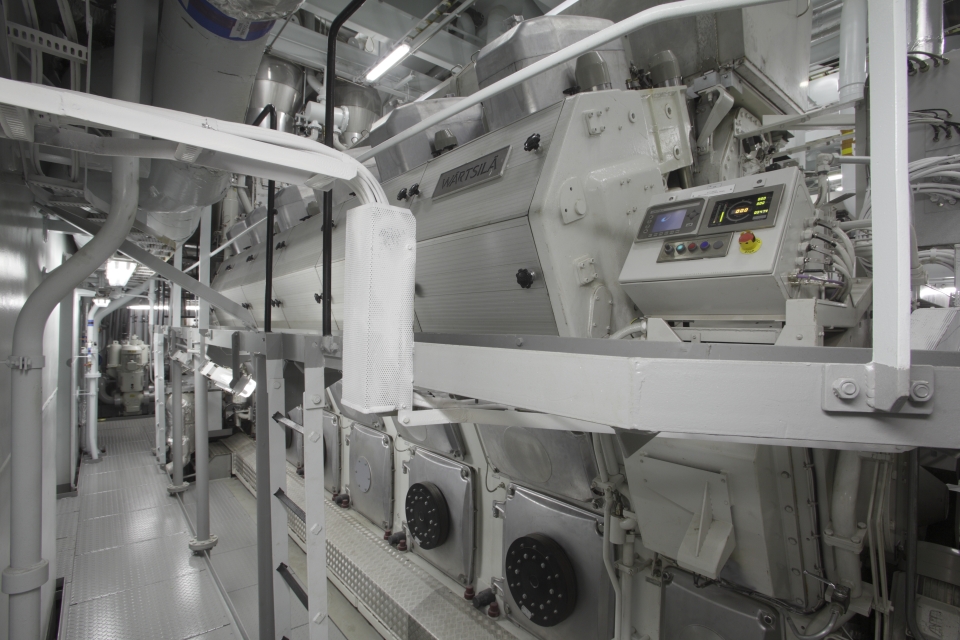Wärtsilä has completed its exit from the Russian market following its announcement of scaling down activities in April 2022. In addition, the company announced it will ramp down manufacturing in Trieste, Italy, and centralise its four-stroke engine manufacturing in Europe to Vaasa, Finland.
Wärtsilä says it strongly condemns Russia’s invasion of Ukraine. The company has fully committed to complying with all trade sanctions applicable to its operations from the beginning of the war, and it has now ceased all business operations in Russia across all business units.
As part of the exit, the Wärtsilä Digital Technologies (WDT) office in Saint Petersburg has been closed. In accordance with local regulations, a reduced team will conduct final procedures to complete the closure, however all operations have ceased. Wärtsilä has built new R&D capabilities outside of Russia to secure the uninterrupted delivery of customer commitments.
Also read: Wärtsilä opens Sustainable Technology Hub to accelerate marine decarbonisation
Divestments in Russia
In May/June, Wärtsilä signed agreements to sell the Transas Navigator business and Wärtsilä Vostok LLC to the local management of the companies. Transas Navigator will operate as an independent company and will continue to serve its local customers. Wärtsilä does not provide or deliver any services or parts to the Transas Navigator business following the divestment.
The team previously working for Wärtsilä Vostok LLC continues under a newly established company, V-Vostok LLC, which will continue to provide marine equipment maintenance services locally. Following the divestment, Wärtsilä does not provide maintenance services in Russia.
The financial impact of these divestments is in line with the provisions taken in the first quarter of 2022 and therefore do not have material impact on Wärtsilä’s Q2 financials.
Also read: Wärtsilä writes off EUR 200 million on Russian activities
Centralising manufacturing
Wärtsilä also wants to further optimise its European engine manufacturing footprint by centralising engine manufacturing in Finland. Ending the manufacturing in Trieste is expected to impact approximately 450 employees with potential redundancy. The estimated full annual cost savings are approximately EUR 35 million by 2025. The discussions between Wärtsilä, employee representatives as well as Italian authorities and institutions will start in line with Italian legislation.
‘Under the challenging circumstances of the past years, our employees in Trieste have done a commendable job. However, we need to centralise our manufacturing footprint in Europe to further improve our competitiveness,’ explains Roger Holm, President of Wärtsilä’s Marine Power business. ‘I would like to underline that Italy and Trieste will remain very important for Wärtsilä. Going forward our site in Trieste will focus on R&D, sales, project management, sourcing, service and training activities. A main part of our employees in Trieste are engaged in these activities today. In the development of the future sustainable solutions for marine and energy industries, we are investigating possibilities for future investments in Trieste related to the development of technology for sustainable fuels.’
The company stresses that changes now planned will not impact Wärtsilä’s engine portfolio and service levels.
Also read: Wärtsilä coordinates EU funded project to accelerate ammonia engine development
Picture by Wärtsilä.








